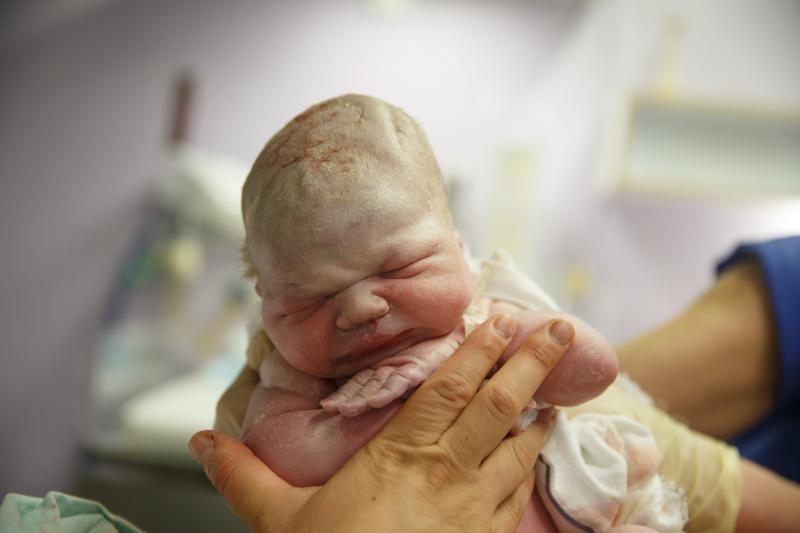
Not many preterm infants treated with levetiracetam achieve seizure control, with only about a quarter of extreme preterm neonates responding well to the treatment, a recent study has shown.
Researchers reviewed the medical records of 61 neonates born <28 weeks of gestation. Levetiracetam successfully managed seizures in 16 neonates (26 percent), and the remaining 45 (74 percent) who did not respond to initial therapy required multiple antiseizure medications (p<0.0001).
In the subgroup of infants who were small for gestational age, none responded to levetiracetam monotherapy.
There was no significant difference in mean gestational age between responders and nonresponders overall. Likewise, birthweight did not significantly differ between the two groups (range, 428–903 g).
Compared with responders, the nonresponders who required multiple antiseizure medications had a higher incidence of base deficit <12 on first gas (p=0.016). There was no significant between-group difference in presumed seizure aetiology.
No other risk factors for seizures, such as intraventricular hemorrhage or hypoxic-ischaemic encephalopathy, were predictive of successful vs unsuccessful levetiracetam monotherapy response.
The present data suggest that levetiracetam has limited efficacy for neonatal seizure control, according to the researchers. More studies are needed to further investigate and validate the low therapeutic response to levetiracetam as the first-line agent in extreme premature neonates with seizures.